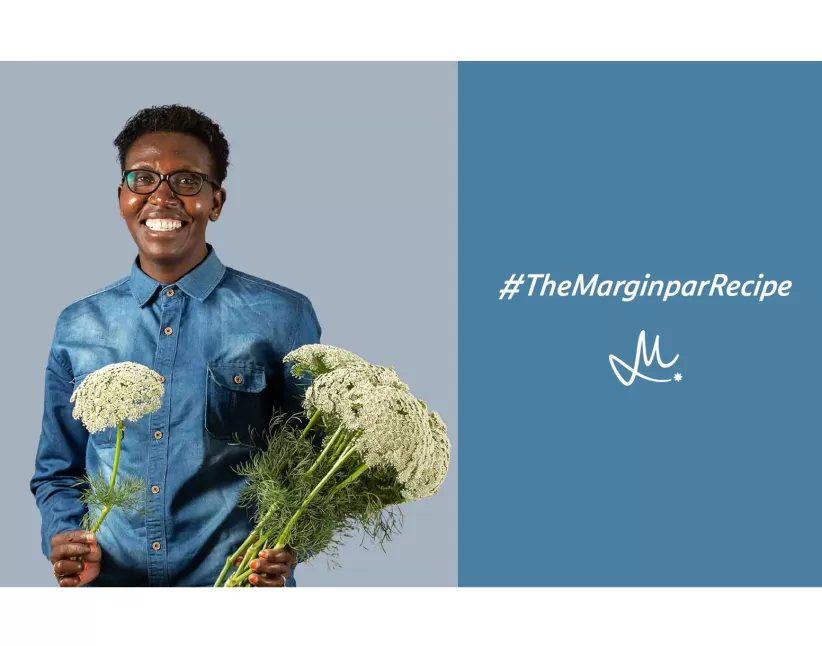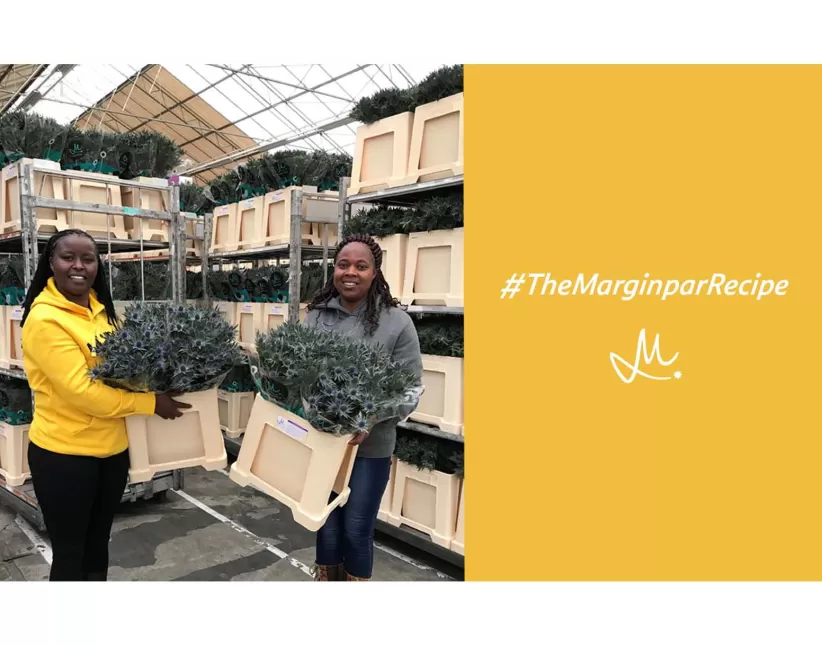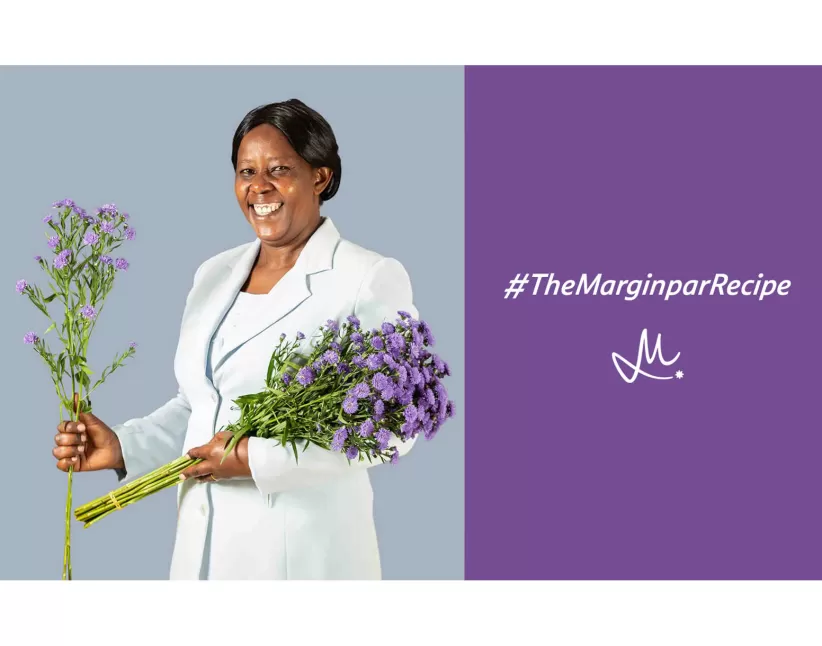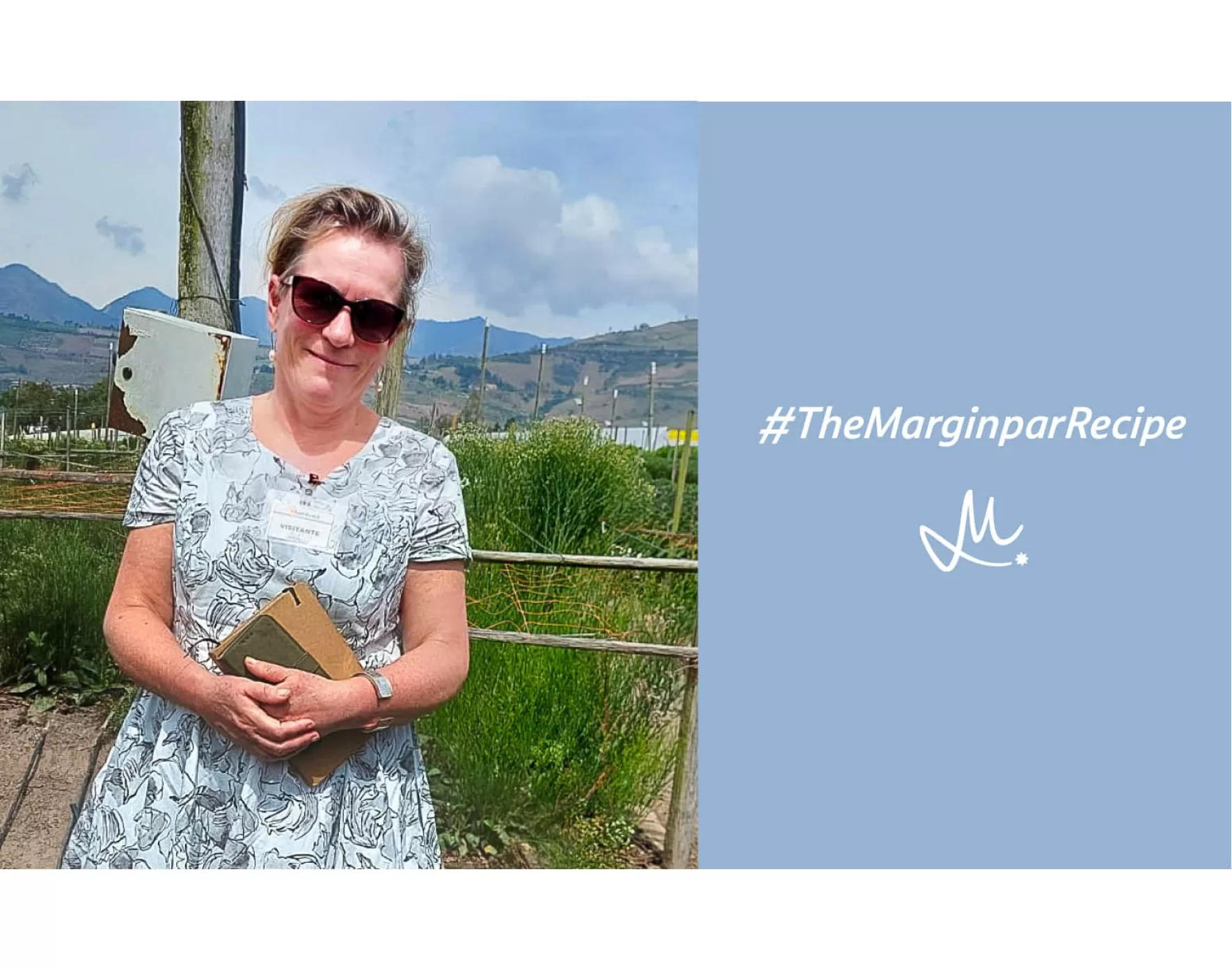
Margriet van der Ploeg - Technical Consultant at Chrysal
Collaborating to find solutions and testing sea freight
Meet Margriet van der ploeg, she has been travelling the world for her work since 1990, from South Africa to El Salvador; no destination is too far. With her years of experience and expertise, she has been working as a Technical Consultant at Chrysal since 2007. After many adventures abroad, Margriet has been based in the Netherlands for the past six years. Discover more about her fascinating story, her passion for flowers, and our fruitful collaboration.
A special bond
For several decades, Marginpar and Chrysal have been working together and we have developed a special bond. For most, the name Chrysal will not be unfamiliar. Chrysal is an international company that specialises in the development and production of flower food and care products. In addition, they provide innovative solutions to improve the vase life, quality, and beauty of flowers and plants. As a Technical Consultant, Margriet is responsible for the technical support and management of the Chrysal team in Kenya and for all matters coming from Africa to the Netherlands. "I also have a lot of contact with importers, bouquet makers, and sometimes supermarkets. All in the area of post-harvest treatments."
Everything comes together
Margriet: “I started as a pot plant grower at a pot plant nursery in Brazil, and since then. I have always been active in flower consultancy. With my current position, everything that I have learned in all those years before is coming together. How do flowers and plants grow? How can you bring them to full bloom after harvesting? And how do you keep them as long as possible with the best quality, without disease and other problems? We are looking for solutions to these and many more questions every day. Because the flowers from Marginpar are so diverse, we often come up against a brick wall when working with them. But that's what makes it so exciting and keeps me enthusiastic - you're constantly searching and developing."
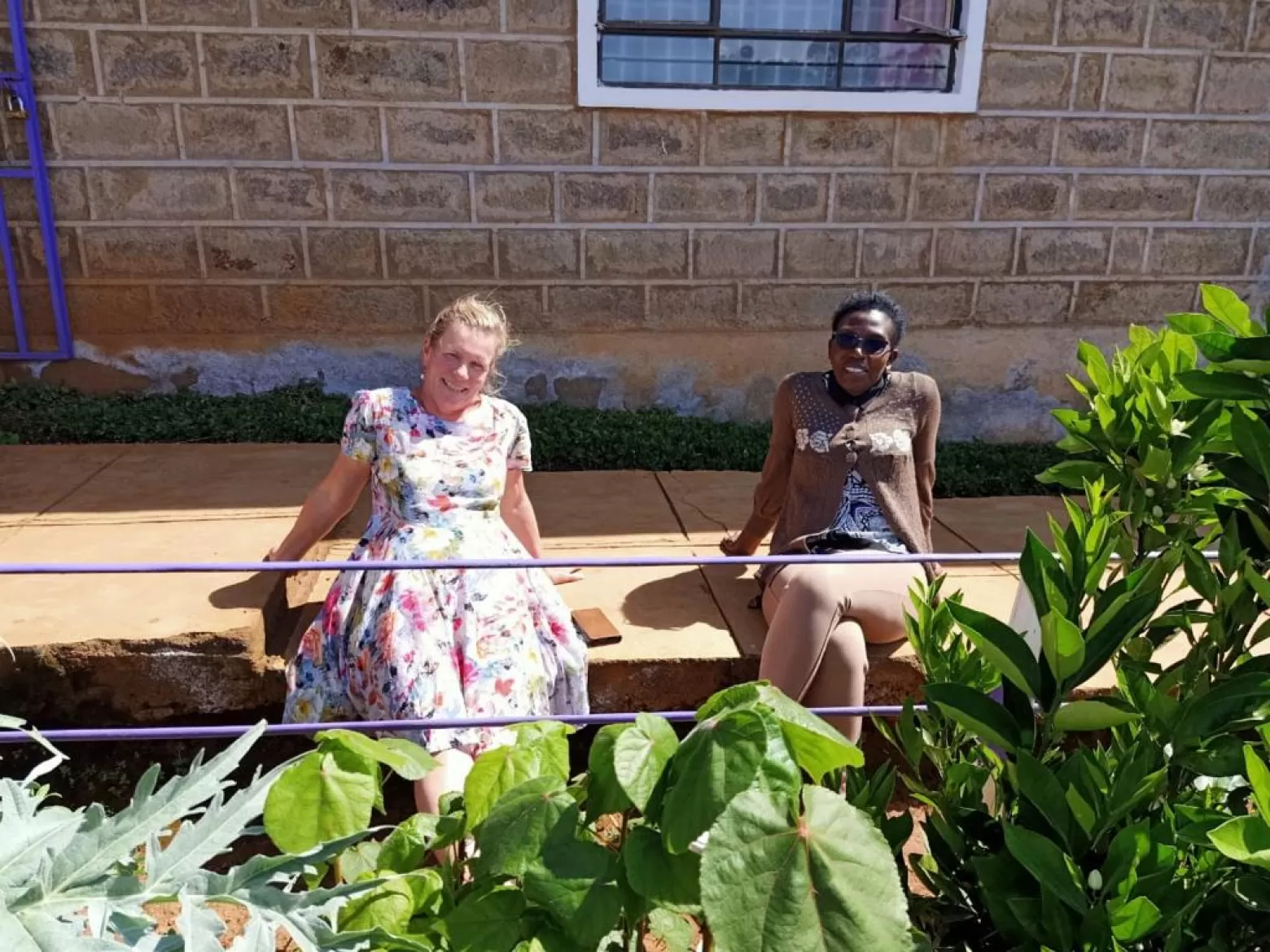
From problem to plan
Margriet: "We have a very personal relationship. You have to build trust, which you don't do in a week. It's important that you don't feel afraid to share things, we have been working closely together for a long time. I think that's our biggest success, we keep finding each other for new challenges and possible solutions." Margriet's role as Technical Consultant is driven by the customer's demand. Together, you look for a solution, you talk to each other, brainstorm, and see how you can make everything even better. “I get a call when there is a problem with a flower, when I’m nearby I drive by. Then we get together to make a plan. Often, through the conversation, you discover that there have been some limiting factors. In Kenya, for example, it has been very dry, and it has only recently started raining again. This change in climate has a big influence on the flowers. So, you don't immediately start doing all kinds of tests because this is not necessarily a problem you will have again in three months. You really take it day by day, which keeps us busy and alert."
Margriet explains that everything interacts. “Together with the grower, we make it possible to sell the flower as beautifully as possible. But if the grower doesn’t do a good job, the florist can add 100 bags of flower food but that doesn’t really improve the flower. So that is also really important in determining quality.“
”If the grower doesn’t do a good job, then the florist can add 100 bags of flower food but that doesn’t really improve the flower.
Into the field together
Margriet is not only active in the Netherlands; she also regularly travels abroad to visit growers. This is important because it allows her to go to the field together and conduct tests. "When someone comes to visit your farm, you start looking at everything you're doing. I am a kind of advisor, so you don’t have to agree with me but by having a conversation with each other, you’re forced to look at the things you’re doing. Together you start looking at how to solve existing problems, for example. With new crops, we sometimes brainstorm together, what happens if we give the standard treatment and what can we do to make it even better? As a Technical Consultant, you don’t have to sell; the fun part is that we really get to advise.”
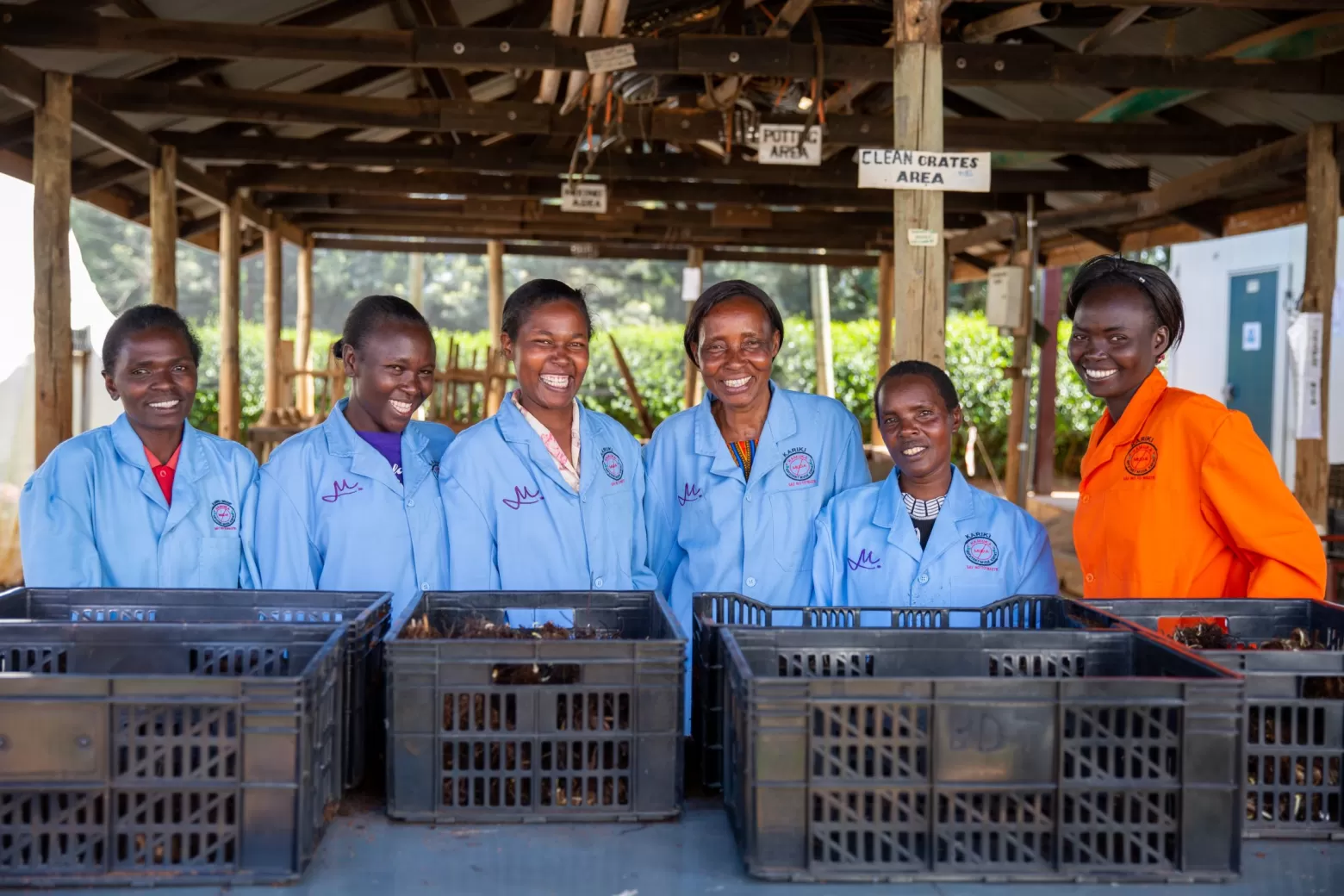
Professionalism and interest
Besides visiting farms, Margriet and her team also give training and refresher courses to staff. “The visits are always very positive. There is a high level of professionalism and interest which is very pleasant to work with. Everyone is highly motivated and open to working together. There is mutual interest and always a lot of challenge every time. We really work together to make it better.”
From air freight to sea freight
The collaboration between Marginpar and Chrysal doesn’t stop at technical support. A lot of testing is happening for sea freight. "Besides the standard challenges, this is another whole new challenge - how do you make flowers last even longer? What problems are involved and how do you solve them? Back in 1998, the first tests with sea containers were done by FloraHolland. Can you imagine how long we have been working on that, right?” Margriet explains that we will be doing these tests for a while longer. "At the moment, we’re running a test every two weeks. In the beginning, it’s a case of shooting blind, as the tests are quite broad, and you’re really testing blindly. So, what can we expect and if there are problems, which direction should we look to solve it? Our ambition is to establish a protocol for sea freight for all Marginpar flowers. But it takes about 8 weeks on average for each test to get results. First, you have to prepare the crop, then we prepare the transport, then the container leaves by sea to the Netherlands, and then there's the vase life to test, of course. These are very long processes."
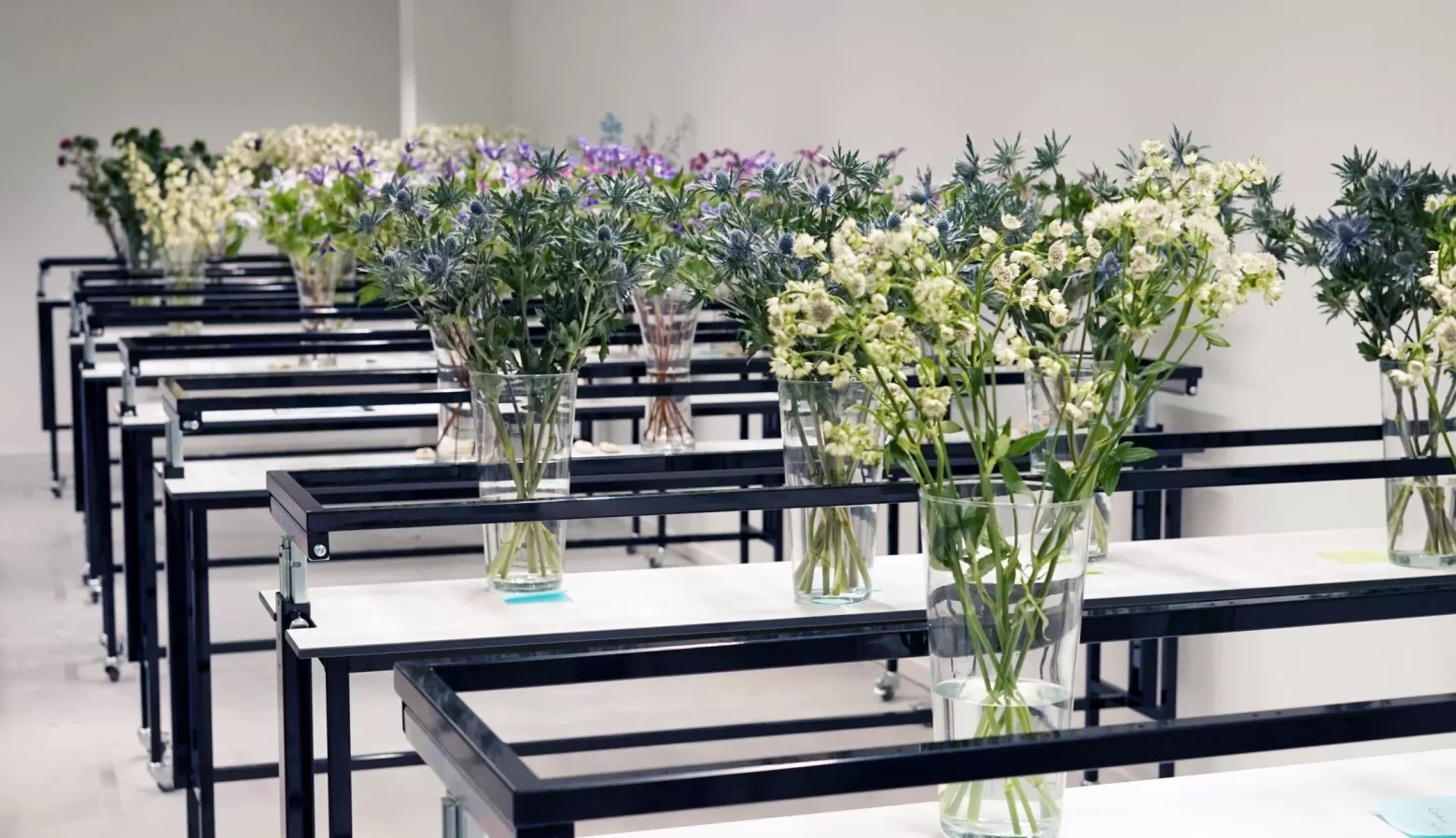
“If all of this works, then this is really revolutionary.”
Does sea freight affect the quality of the flowers? “No, and that sounds weird, doesn’t it? How can flowers be on sea for several weeks and still be beautiful? It’s all about good preparation. Often, it goes wrong because the flowers are too warm, then they stay active. It's important that the flowers are treated well, and the temperature is constant. This way, you gently put the flowers to sleep." But for everyone, it remains a question of how the flowers will come out of the sea container. "It's really a surprise, some flowers lose their colour, others have completely black leaves, and others just stop growing, and won’t open anymore and do absolutely nothing." Margriet emphasizes the importance of testing sea freight due to the carbon footprint and availability and cost of air freight. "It's a huge challenge, but it's also a lot of fun. If all of this works, it's really revolutionary."
"In the coming period, developing the sea freight protocols will be the main activity but we will also try to provide training on the farms again in the coming year. I do really think that our cooperation will become even more intense and certainly not less, especially with your new premises and the new flower lab. We can still do so much together and go in so many directions!"

